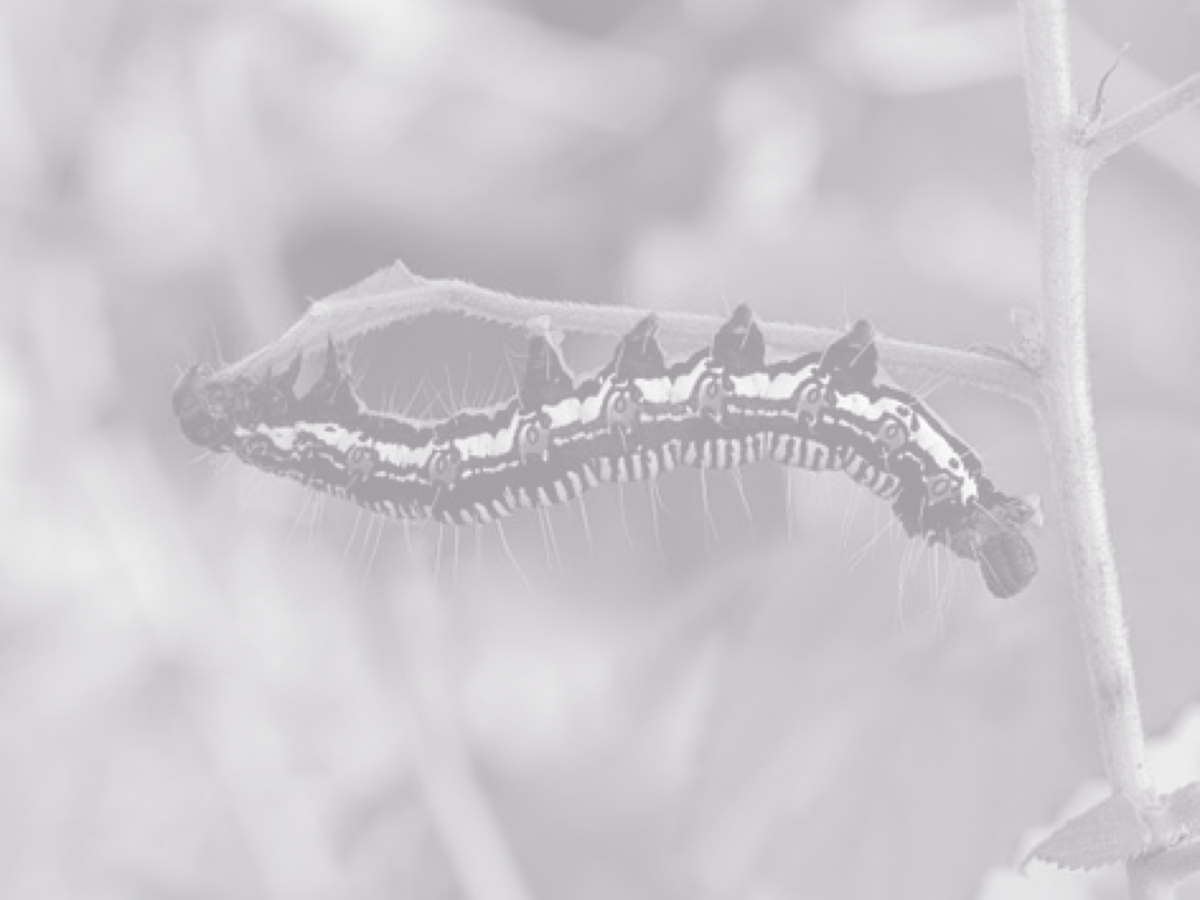Stephanie Lopez, PhD, LHEP™
- Human Element changed my life
- My reactions to others are always a product of how I feel about myself
- Reducing defensiveness becomes easier with self-awareness
- Reducing defensiveness encourages others to provide helpful feedback
In this episode, we talk to Dr. Stephanie Lopez about the first time she experienced The Human Element®. She shares stories and examples with us about her journey of self-awareness. She describes the process of discovering that it was her own insecurity that would sometimes trigger behaviors she wanted to change, like being unknowingly passive-aggressive or thinking critical thoughts about others. Her courage and vulnerability are admirable ? listen now to hear for yourself!
Check out this episode!
What Bugs Me About You is Really About Me
By Stephanie Lopez
In August of 2013, a coworker of mine encouraged me to register for a 5-day workshop called Human Element®. Little did I know that two short months later, my entire outlook on life would be transformed. I literally cannot look at the world the same anymore. By noon of the first day, I told the facilitator that I wished everyone had the opportunity to experience the workshop. How could some people go their entire life and never experience something like this?
Two things, in particular, stand out about that week and the concepts happen to tie together: (1) a statement the facilitator made and (2) the definition of defensiveness. The first is a statement the facilitator made at one point in the workshop. She said something along the lines of, “Every interaction, response, and reaction is all based on how I feel about myself.” That comment stopped me dead in my tracks – ALL based on how I feel about myself? If that was actually true, I had a lot of self-exploration to do. Luckily for me, I had the opportunity to do just that in the Human Element™ workshop.
“Every interaction, response, and reaction is all based on how I feel about myself.”
The second was the definition of defensiveness. I’m not 100% certain what my definition of “defensive” was prior to participating in the workshop. I know that I used the term, but now my definition of defensive is certainly much broader than before. One of the activities that we did was to review a Signs of Defensiveness worksheet. The instructor asked us to check the box next to each of the signs if we had ever engaged in the behavior. After making my selections, I peeked over at the person’s sheet next to me and then quickly covered mine in embarrassment. I apparently had a LOT of issues because I had at least 75% more checks on my worksheet.
I now realize that lots of checks means I have many more opportunities to recognize when I may be responding in a defensive manner and, in turn, make a conscious choice to change my behavior. I know what you’re thinking, “Make a conscious choice? But Steph, it’s just not that easy.” You’re right, it’s not that easy. The good news is that it gets easier.
If you want to fill out your own Signs of Defensiveness survey, click here.
Me? Defensive? No…
The way I like to think about this is that there is currently a highway in my brain that represents how I’m used to responding (i.e., defensively) to certain stimulus. However, with the first time I choose not to respond defensively, I start building a new path, which I call the dirt road. Every single time I respond non-defensively after that, the dirt road gets bigger and bigger. As it widens, it becomes easier for me to take that path, rather than the highway.

What you might be thinking now is that you aren’t sure how to even begin responding differently. That’s where the Signs of Defensiveness come into play. What I understood much better after completing the workshop was what those signs were for me: catastrophizing, withdrawing, being critical of others, or even being too nice. I was actually only engaging in those behaviors to avoid feeling negatively about myself.
For instance, a new supervisor asked me to facilitate an offsite presentation with his team. As part of that offsite, I debriefed a personality assessment. The goal of the debrief was to give everyone on the team an opportunity to better understand the preferences, strengths, and triggers of their coworkers. During the debrief session, I asked a lot of questions to encourage each member of the team to elaborate on their assessment results.
However, during this particular session, everyone was staring at me with blank faces when I asked the questions. The silence felt excruciating. I responded by being overly critical of the supervisor and employees and later told a coworker how much I hated doing offsites and that I didn’t want to do them anymore. These reactions were because I was trying to avoid feeling negatively about myself.
I felt incompetent because I could not figure out how to facilitate meaningful dialogue with the team members. In essence, what bugged me about the team was actually about me. Rather than responding in this defensive way, I could have responded by pulling myself out of content mode to acknowledge the “elephant in the room.” I could have said, “When everyone arrived this morning, there was a lot of energy and chatter and now I’m noticing everyone is quiet. What’s happening?” Because of what I learned in the Human Element®, my defensiveness has drastically decreased. I more frequently catch myself before I become defensive by using the Signs of Defensiveness.
One example was feedback I got from a co-worker after co-facilitating a training. She shared with me that in one part of the training she felt like I came across more like an impractical researcher than a consultant with “real life” examples. In the past, I would have responded to this feedback by trying to rationalize the approach that I used to attempt to convince her that my style worked well. Internally, I would have catastrophized about my inability to be an effective trainer.
Instead, when she provided the feedback to me, I first responded by saying, “Darn it, that’s not how I want to come across.” Then I asked more questions to better understand how I could have more effectively delivered the training content. She later told me that she was impressed with the way I responded. My reaction reassured her that I wanted constructive feedback and helped her feel safe to deliver it to me.
As I mentioned above, I cannot view the world the same way after taking the Human Element™ workshop. Since the workshop improved my work and personal relationships so much, I became a Licensed Human Element Practitioner®.
I’m so excited to share this life-changing experience with others! Let us know if you’d like to learn more about the Human Element®.
Ready to take your leadership to the next level? Get your FREE copy of my eBook, Level Up: 3 Steps to Be a Better Leader. Click here to download!

